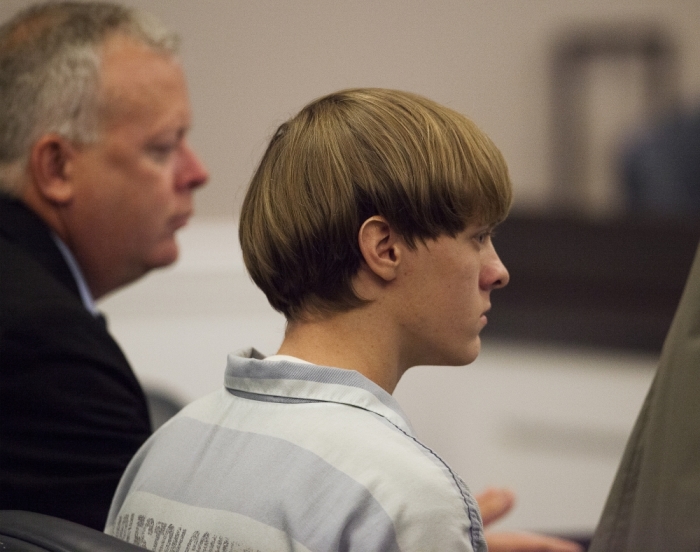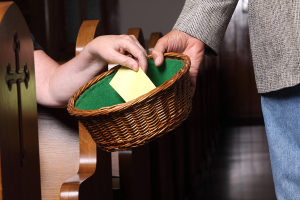Court upholds death sentence for Charleston church shooter Dylann Roof

A federal appeals court rejected a request to commute the death sentence for Dylann Roof who killed nine members of a South Carolina church after he joined them in a Bible study.
In June 2015, Roof opened fire on those gathered at Emanuel African Methodist Episcopal Church of Charleston during a Wednesday Bible study, killing nine, all African Americans.
In various comments made online, Roof had made it clear that his actions were inspired by white supremacist ideology and a hope that a race war would ensue as a result of his actions.
A three-judge panel of the U.S. Court of Appeals for the Fourth Circuit issued a per curiam decision on Wednesday upholding the death sentence for Roof, saying that no legal record "can capture the full horror of what Roof did."
The panel rejected various claims by Roof in his appeal that errors had been made when the court concluded that he was competent to stand trial for the nine murders.
“Roof murdered African Americans at their church, during their Bible-study and worship. They had welcomed him. He slaughtered them. He did so with the express intent of terrorizing not just his immediate victims at the historically important Mother Emanuel Church, but as many similar people as would hear of the mass murder,” concluded the panel.
“No cold record or careful parsing of statutes and precedents can capture the full horror of what Roof did. His crimes qualify him for the harshest penalty that a just society can impose.”
In December 2016, a jury found Roof guilty of 33 charges of federal hate crimes resulting in death, obstruction of religion and firearms violations.
"He must be held accountable for each and every action he took inside that church," said Assistant U.S. Attorney Nathan Williams, as reported by Reuters in 2016. "For every life he took."
In January 2017, the 22-year-old Roof was sentenced to death, making him the first person in U.S. history to be ordered executed for being found guilty of a federal hate crime.
Roof showed no visible remorse for his actions, according to The Associated Press, at one point telling jurors before they deliberated that “I still feel like I had to do it.”




























